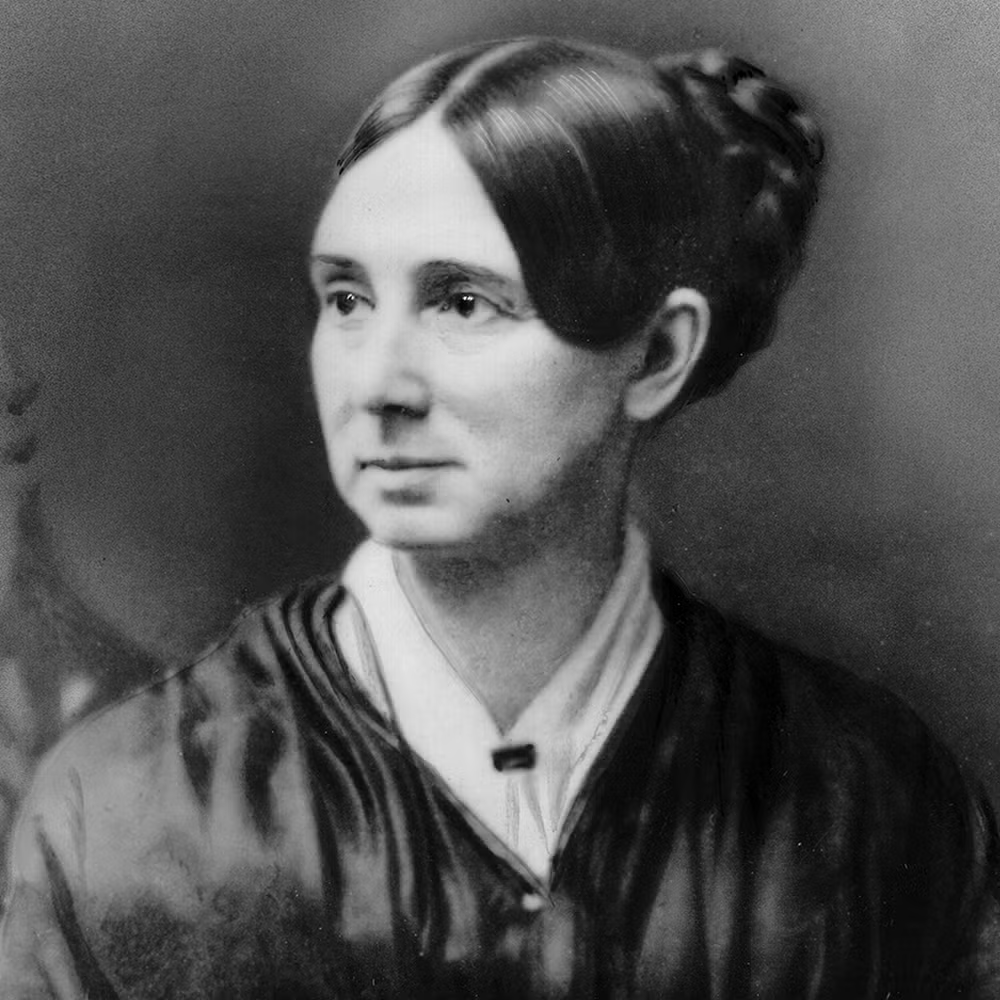You are viewing the article Dorothea Dix at Lassho.edu.vn you can quickly access the necessary information in the table of contents of the article below.

(1802-1887)
Who Was Dorothea Dix?
Dorothea Dix was a social reformer whose devotion to the welfare of the mentally ill led to widespread international reforms. After seeing horrific conditions in a Massachusetts prison, she spent the next 40 years lobbying U.S. and Canadian legislators to establish state hospitals for the mentally ill. Her efforts directly affected the building of 32 institutions in the United States.
Early Life
Dorothea Lynde Dix was born on April 4, 1802, in Hampden, Maine. She was the eldest of three children, and her father, Joseph Dix, was a religious fanatic and distributor of religious tracts who made Dorothea stitch and paste the tracts together, a chore she hated.
At age 12, Dix left home to live with her grandmother in Boston, and then an aunt in Worcester, Massachusetts. She began teaching school at age 14. In 1819, she returned to Boston and founded the Dix Mansion, a school for girls, along with a charity school that poor girls could attend for free. She began writing textbooks, with her most famous, Conversations on Common Things, published in 1824.
Champion of the Mentally Ill
The course of Dix’s life changed in 1841 when she began teaching Sunday school at the East Cambridge Jail, a women’s prison. She discovered the appalling treatment of the prisoners, particularly those with mental illnesses, whose living quarters had no heat. She immediately went to court and secured an order to provide heat for the prisoners, along with other improvements.
She began traveling around the state to research the conditions in prisons and poorhouses and ultimately crafted a document that was presented to the Massachusetts legislature, which increased the budget to expand the State Mental Hospital at Worcester. But Dix wasn’t content with reforms in Massachusetts. She toured the country documenting the conditions and treatment of patients, campaigning to establish humane asylums for the mentally ill and founding or adding additions to hospitals in Rhode Island, New York, New Jersey, Pennsylvania, Indiana, Illinois, Kentucky, Tennessee, Missouri, Maryland, Louisiana, Alabama, South Carolina and North Carolina.
Dix also lobbied at the federal level, and in 1848 she asked Congress to grant more than 12 million acres of land as a public endowment to be used for the benefit of the mentally ill as well as the blind and deaf. Both houses of Congress approved the bill, but in 1854 it was vetoed by President Franklin Pierce.
Discouraged by the setback, Dix went to Europe. She discovered enormous disparity between public and private hospitals, and great differences among countries. She recommended reforms in many countries, and, most significant, met with Pope Pius IX, who personally ordered construction of a new hospital for the mentally ill after hearing her report.
The Civil War
Dix returned to the United States in 1856. When the Civil War broke out in 1861, she volunteered her services and was named superintendent of nurses. She was responsible for setting up field hospitals and first-aid stations, recruiting nurses, managing supplies and setting up training programs. Although she was efficient and focused, many found her rigid, without the social skills that were necessary to navigate the military’s bureaucracy.
Death
After the war, she briefly returned to her work on behalf of the mentally ill. She contracted malaria in 1870 and was forced to abandon aggressive traveling, although she continued to write, lobbying for her causes. She took up residence at the hospital she had founded 40 years earlier in Trenton, New Jersey, and died there on July 17, 1887.
Personal Life
Though Dix had many admirers over her lifetime, and was briefly engaged to her second cousin, Edward Bangs, she never married.
QUICK FACTS
- Name: Dorothea Lynde Dix
- Birth Year: 1802
- Birth date: April 4, 1802
- Birth State: Maine
- Birth City: Hampden
- Birth Country: United States
- Gender: Female
- Best Known For: Dorothea Dix was an educator and social reformer whose devotion to the welfare of the mentally ill led to widespread international reforms.
- Industries
- Civil Rights
- Astrological Sign: Aries
- Death Year: 1887
- Death date: July 17, 1887
- Death State: New Jersey
- Death City: Trenton
- Death Country: United States
Fact Check
We strive for accuracy and fairness.If you see something that doesn’t look right,contact us!
CITATION INFORMATION
- Article Title: Dorothea Dix Biography
- Author: Biography.com Editors
- Website Name: The Biography.com website
- Url: https://www.biography.com/activists/dorothea-dix
- Access Date:
- Publisher: A&E; Television Networks
- Last Updated: May 27, 2021
- Original Published Date: April 2, 2014
Thank you for reading this post Dorothea Dix at Lassho.edu.vn You can comment, see more related articles below and hope to help you with interesting information.
Related Search: